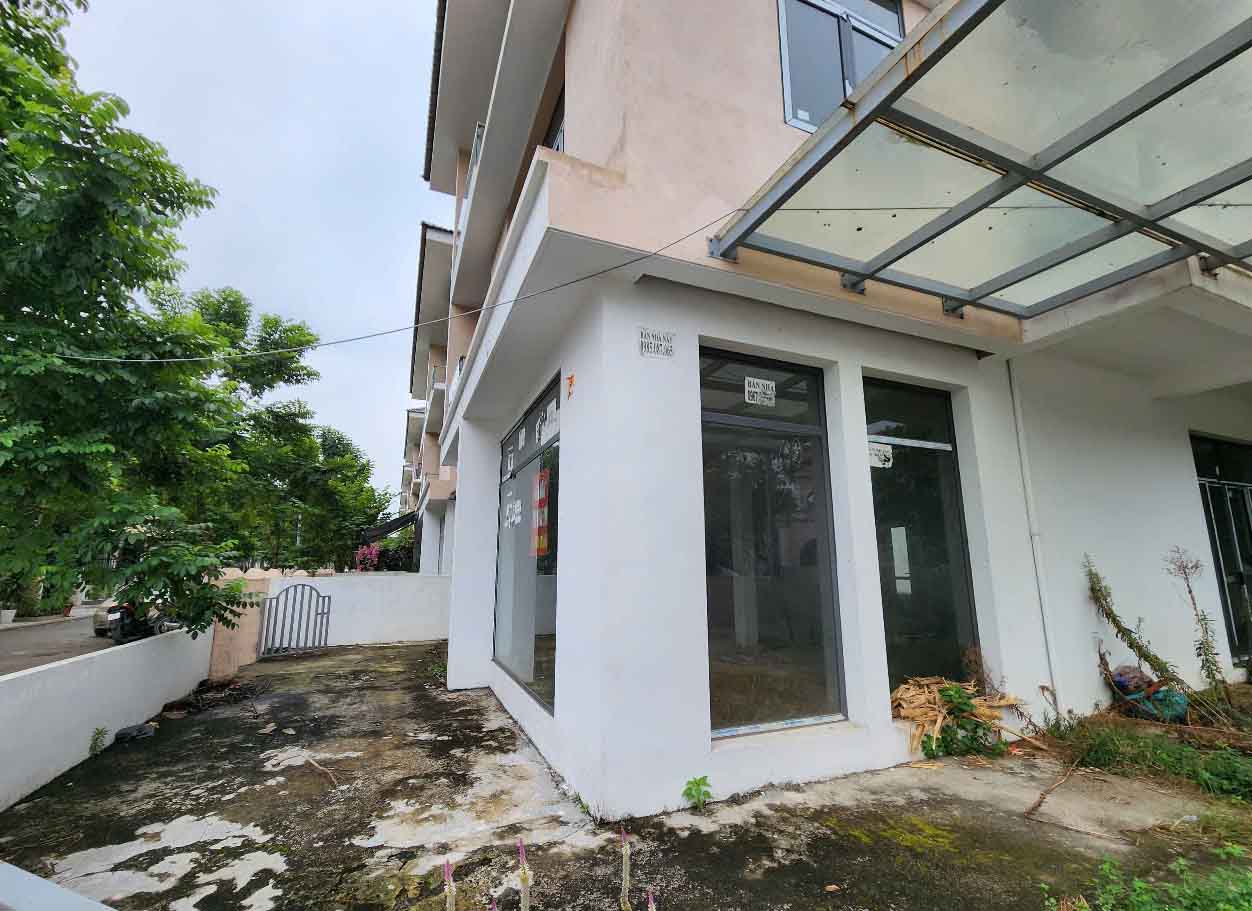emotional and risky waste for people
The Ministry of Finance has just proposed applying a 20% tax on income from real estate transfers (real estate) calculated on the income for each transaction (selling price minus purchase price, related costs). In case the purchase price, cost, and tax cannot be determined directly on the selling price according to the holding period.
This information has received multi-faceted attention and evaluation from experts, businesses, and people. There are opinions happy because real estate prices will decrease, people have more opportunities to buy real estate.
However, many opinions are concerned that this tax rate will cause a collapse of the real estate market, the risk of increasing bad debts to banks, real estate businesses being unable to pay bonds, reducing GDP growth...
Sharing with Lao Dong, Mr. Nguyen Anh Que - Member of the Executive Committee of the Vietnam Real Estate Association - said that the Government is facing a difficult problem of both taxing to stabilize the real estate market and creating conditions for the real estate market to develop further.
Therefore, according to Mr. Que, it is advisable to only tax second-hand real estate and above and tax abandoned real estate. In case a person has 2 real estates but 1 real estate is left by his parents for worship purposes, there is no tax on that real estate.
In the case of people with 2 or more real estates for the purpose of buying for their children, they will have to carry out donation procedures.
In particular, Mr. Que said that the pilot should be applied first to Hanoi and Ho Chi Minh City. The tax rate is progressive according to the number of real estates or progressive according to the value of real estate.
In case of taxation according to transfer time. This person proposed a solution of 6% for people under 6 months, under 12 months but under 6 months is 5%, under 18 months but under 12 months is 4%, under 24 months but under 18 months is 3%, over 24 months is 2%.

Lawyer Nguyen Van Tuan - Director of TGS Law Firm LLC (Hanoi Bar Association) - said that in essence, this is not a new tax form but only a change in tax calculation method. However, behind that " fairness" story is countless real gaps.
Because to tax on net interest, the State needs to accurately verify the purchase and sale prices, which is currently almost impossible.
Lawyer Tuan said that in reality, the transfer price stated on the contract is often much lower than the actual price. People tend to declare low to reduce taxes and fees.
On the contrary, costs such as repairs, brokerage... rarely have valid invoices and documents to prove. When the two entries of the problem are "virtual", calculating tax on interest can easily become an emotional calculation, full of risks for people.
The risk of abandoned land is increasing
Sharing the same view, sharing with Lao Dong reporter, Deputy Director of the Vietnam Institute for Real Estate Market Research and Evaluation - Dr. Tran Xuan Luong - said that this is just an "upcoming" solution, not yet at the root of the market.
According to Dr. Luong, it is necessary to prioritize building a synchronous data system, applying technology to market transparency before implementing large-scale tax policies.
It should be recognized that if only one tax is applied, that is, raising prices for early sellers to prevent surfing will not be enough to comprehensively control speculative behavior.
For example, a person buys a piece of land and then builds a house, and has many additional expenses... At that time, it is not easy to calculate how much interest.
"It is very difficult for tax officials to separate the difference. Moreover, invoices and documents are not yet available, so it is very difficult. If applied, it will be no different from a tax officer becoming an auditing and accounting department" - Mr. Luong said.
Dr. Tran Xuan Luong pointed out that if we only focus on taxing quickly the seller without going hand in hand with the second tax (anti-speculation tax - that is, real estate left to exploit and not use) will be taxed unintentionally, creating loopholes for long-term speculative behavior. At that time, buyers only need to keep real estate long enough to " charge high taxes", they do not put it into exploitation and use, causing waste of resources and distorting the market.











